Reem Raouda is a leading expert in the field of conscious parenting. She is the founder of FOUNDATIONS, a program that teaches parents how to heal themselves and create emotionally safe environments for their children. Raouda is widely recognized for her expertise in emotional safety and her contributions to redefining how to raise psychologically healthy children.
In an article on CNBC Make It , she listed seven toxic habits parents should avoid if they want to guide their children in a steadfast and powerful direction.
“As parents, we not only love our children, but also help them have enough courage to face difficulties without falling down. Mentally strong children are those who know how to regulate their emotions, believe in themselves and get up after failure. That does not come naturally, but is built from small daily interactions,” she wrote.
Here are seven habits that Raouda recommends parents change:
1. Always "rescue" your child from all trouble
Children learn resilience only when they are allowed to face challenges. When parents rush to intervene, they inadvertently deprive their children of the opportunity to develop the skills to endure and overcome difficulties.
What to do: According to psychologist Lisa Damour, children who are regularly challenged appropriately for their age are better at controlling their emotions. If your child forgets their homework, don’t rush to bring it to school. Let them take responsibility and learn from it together.
2. Trying to be perfect
When parents try to hide their mistakes or blame their children when they lose their temper, it gives children a wrong understanding of how to handle emotions.
What to do: If you accidentally yell at your child, say: “I'm sorry. I was stressed and didn't react properly.”
This helps children understand that mistakes don't break relationships, and taking responsibility is a sign of strength.
3. Prevent your child from expressing strong emotions
When emotions like sadness and anger are brushed aside by parents, children easily learn to fear their own emotions.
What to do: Don't say, “I'm fine.”
Say: “I know that makes you sad. I'm here for you.”
A parent's calmness shows their child that strong emotions are not something to be afraid of.
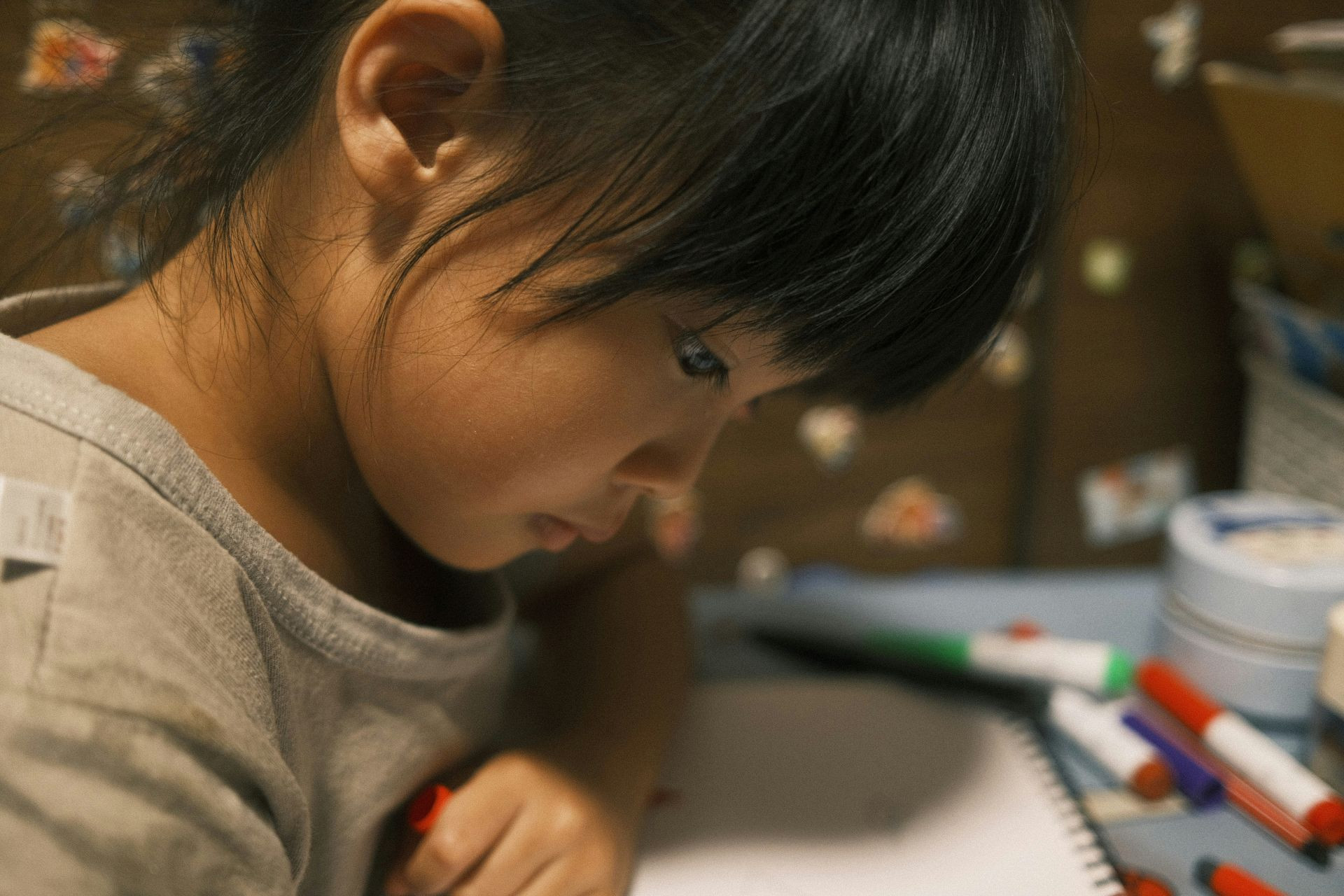
4. Overemphasizing achievements
If children are only praised when they get good grades or receive awards, they are likely to collapse when they fail.
What to do: Many studies show that the pressure to be perfect makes children more anxious and tired. When your child gets a bad grade, instead of saying, “You should have done better!”, encourage them by saying, “I’m proud of you for trying. Your grade doesn’t say everything about you.”
5. Over-controlling your child
Parents who always give orders and do not allow their children to express their opinions can make them dependent or rebellious. Children can only be strong when they feel their voice is valuable.
What to do: Giving children choices increases motivation and reduces conflict.
Let your child choose between two chores or have a say in what's for dinner. Small choices build confidence.
6. Make children responsible for their parents' emotions
When parents say, “You make me sad,” children easily become “emotional comforters” for their parents, causing role reversal and long-term psychological effects.
What to do: Say, “Mom is tired and needs some time to calm down.”
Adult feelings are adult responsibilities.
7. Consider overwork as normal
If children grow up in an environment that emphasizes productivity, they may become overworked adults.
What to do: Set an example: “I'm going to take a 20-minute break to feel better. It's important to take care of yourself, too.”
When parents learn to rest, children also learn to recognize stress and avoid burnout.
Mental strength is not about not feeling emotions or always winning. It is about facing difficulties, understanding and regulating emotions, taking responsibility, and knowing when to stop – all within the safety of unconditional love.
Source: https://vietnamnet.vn/7-thoi-quen-doc-hai-cua-phu-parents-khien-con-de-yeu-duoi-kho-hanh-phuc-2451818.html















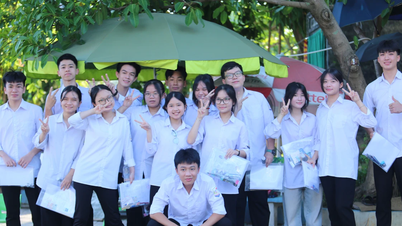



































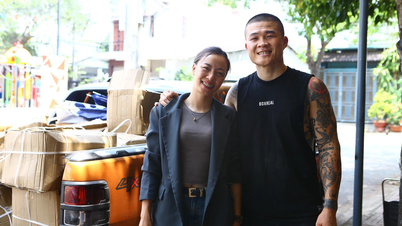
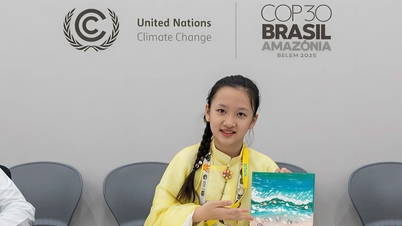


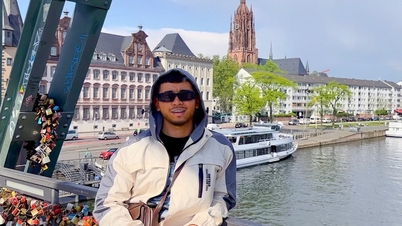
















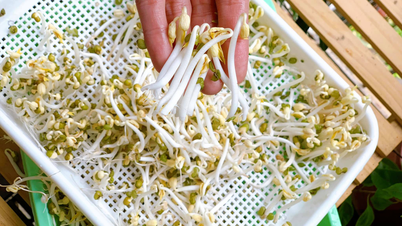


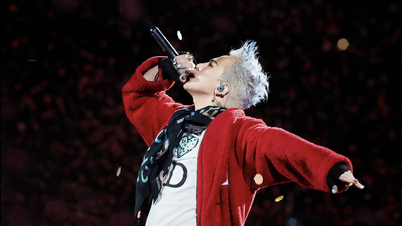



































Comment (0)